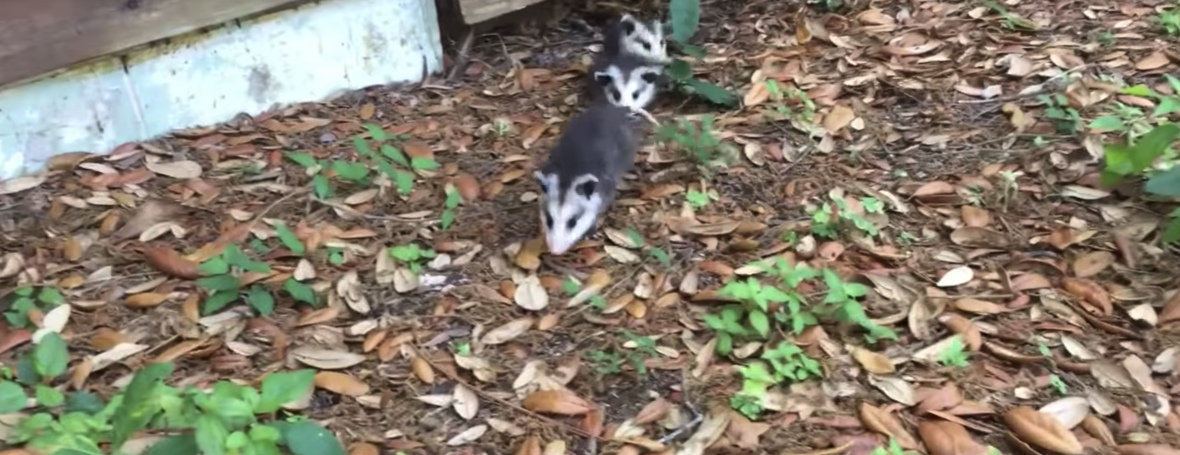- info@Orlandoanimalattic.com
Call 24/7 for a free quote:
407-794-8118
What Wildlife Rehabilitators do with Rodents
Wildlife rehabilitators are responsible in taking care of the injured, orphaned, and sick wild animals including some type of rodents. There are those that specializes in certain animals while others can take care of a variety of animals. If the animal is too sick or injured and can no longer be rehabilitated, the rodent will be euthanized. Other type of Orlando rodents such as mouse and rats can serve as a food to the animals in the shelter. By encouraging those animals to hunt, they will be able to develop their hunting skill that is necessary to survive in the wild.

Responsibilities of the Wildlife Rehabilitators
The responsibility of the rehabilitator will depend upon the center and the type of animals that they are handling. Their duty is difficult and sometimes emotional. They will be required to lift those heavy cages and will be needed to remain functional despite of the weather. They will need to know how to properly handle the animals that are experiencing pain. These animals may act aggressively that will expose them to dangers.
Caring for the Florida Rodents
Based on the ACP (Animal Care and Protection) Act of 2001, the person that is responsible in caring, rescuing, and rehabilitating the animal has a duty to provide the appropriate care and needs of the animals. This means that they will need to provide the animals with clean cages and provide them with ample sustenance every day. They should also be able to deliver the necessary medical assistance to the animals. On the off chance that it requires advance medical care, they should employ the service of the veterinarian.
Preventing Harm
In the process of rescuing, rehabilitating, and releasing the rodent back into its natural environment, there is always a risk that the result will lead to an adverse effect on ecology and animal welfare. Even on the off chance that you are providing them with well-intentioned treatment and care, the outcome can still worsen or prolong the suffering of the animal. Releasing the rodent in an inappropriate manner may have a detrimental impact on the community and the native ecosystem. All potential negative effect should be considered and must be avoided if possible.
Avoiding Risk to Human Safety and Health
When rehabilitating and releasing the animal, there are certain risks involved and it will need to be minimized. For instance, since they need to be in direct contact with these Orlando rodents that are potential carrier of diseases, they are required to receive proper immunization.
Finally, they are also responsible to relieve the suffering that the rodent is experiencing. This is the main goal of the wildlife rehabilitators. The animal should never be exposed to unjustified and unreasonable pain. Upon determination that the rodent can no longer be rehabilitated, the rescuer must put them to sleep. You are probably shocked that the objective of the rehabilitator is not to protect and preserve the life of the rodent at all costs. Preservation of their life should never be pursued in case the creature needs to be subjected to unnecessary suffering.
Visit our Orlando wildlife control home page to learn more about us.

